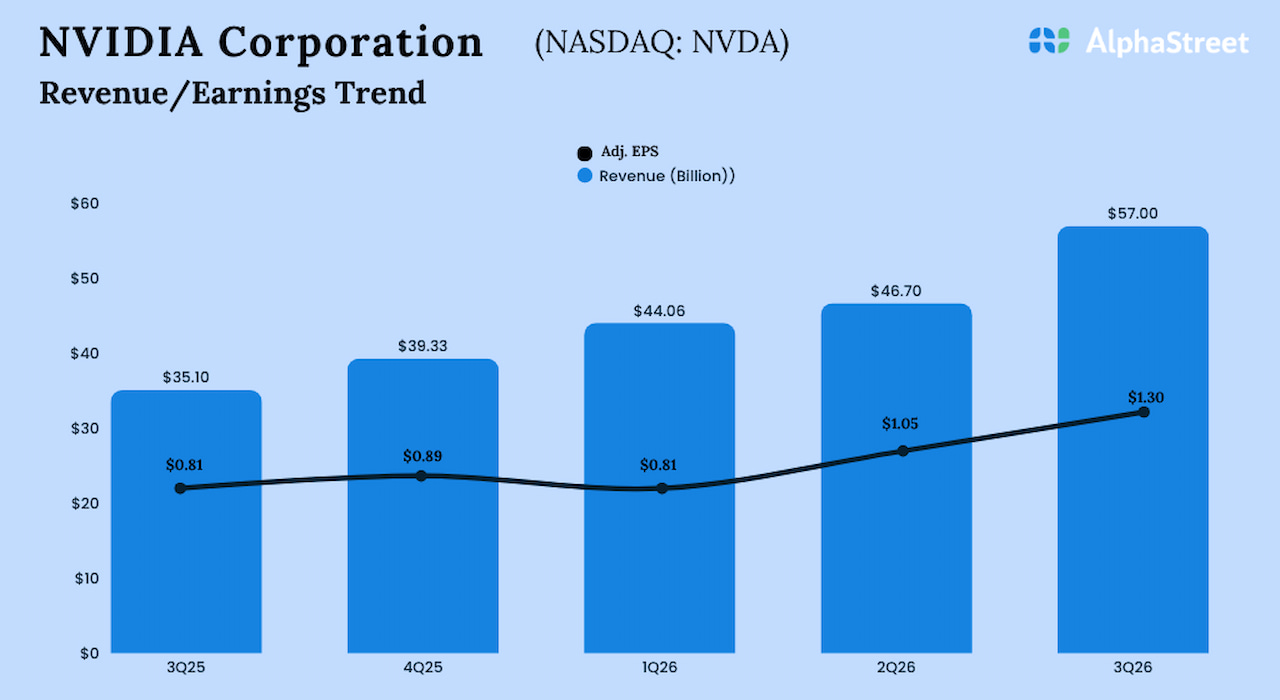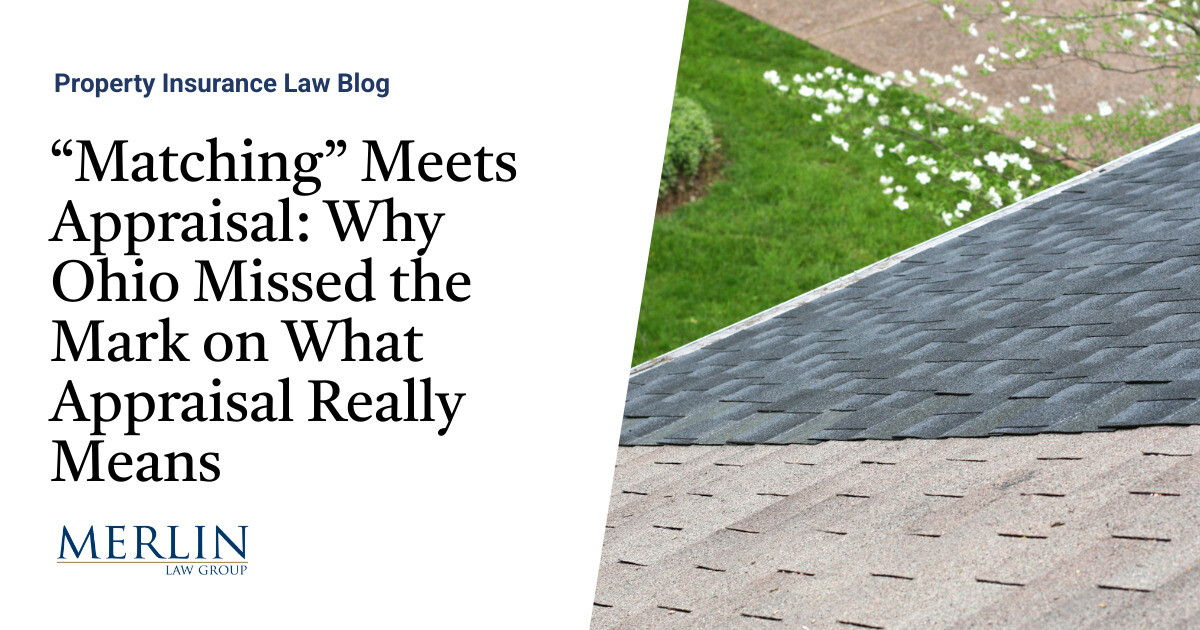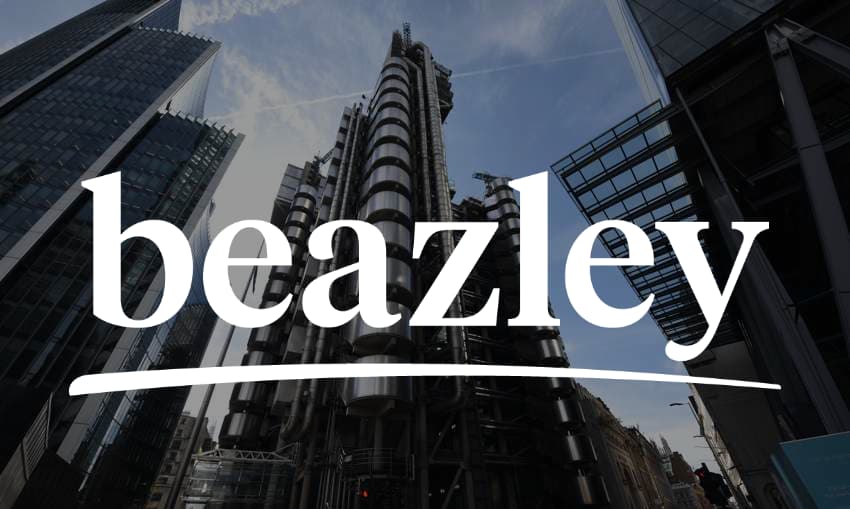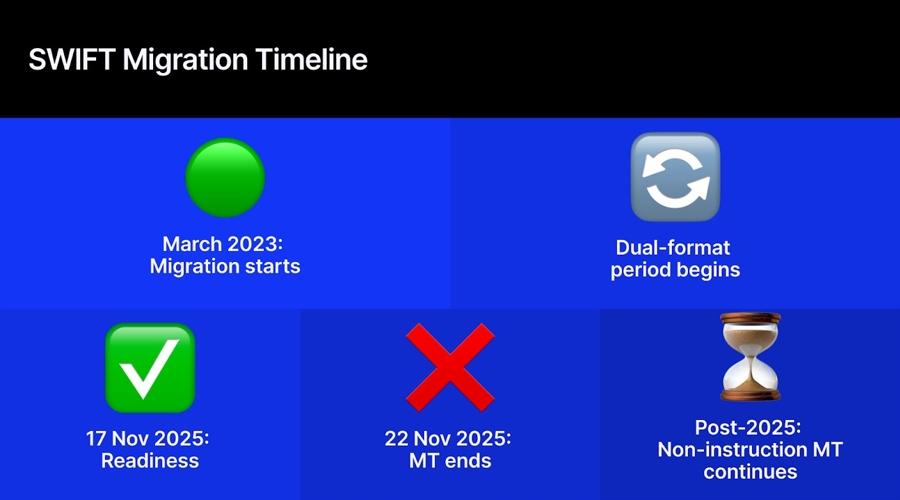The Medicare income-related monthly adjustment amount, or IRMAA, is a surcharge on Medicare premiums for Medicare Part B (medical insurance) and Part D prescription drug plans. It applies only to Medicare beneficiaries who have a modified adjusted gross income above $91,000 ($97,000 in 2023) for an individual return and $182,000 ($194,000 in 2023) for a joint return. If your earnings are below this threshold, IRMAA doesn’t apply to you.
How is the Medicare IRMAA calculated?
The Medicare IRMAA for Part B and Part D is based on your income and is calculated on a sliding scale. When calculating whether IRMAA charges apply to you, Medicare uses the adjusted gross income amount you reported on your IRS tax return from two years prior to the current year.
How much will I have to pay if I owe Medicare IRMAA?
Your final IRMAA determination depends on your income and your tax filing status. Here’s the breakdown.
Medicare Part B IRMAA
If the Part B IRMAA applies to you, the amount you owe will be added to your Part B premium, which is $170.10 per month in 2022 ($164.90 in 2023) for most people.
For 2022, beneficiaries whose 2020 income exceeded $91,000 (individual return) or $182,000 (joint return) will pay a premium amount ranging from $238.10 to $578.30, depending on income. In 2023, the thresholds are $97,000 and $194,000 based on 2021 income, and premiums range from $230.80 to $560.50.
2022 Medicare Part B IRMAA
|
Individual tax return (2020 income) |
Joint tax return (2020 income) |
Married & separate tax return (2020 income) |
Monthly Medicare Part B premium |
|---|---|---|---|
|
Above $91,000 up to $114,000. |
Above $182,000 up to $228,000. |
||
|
Above $114,000 up to $142,000. |
Above $228,000 up to $284,000. |
||
|
Above $142,000 up to $170,000. |
Above $284,000 up to $340,000. |
||
|
Above $170,000 and less than $500,000. |
Above $340,000 and less than $750,000. |
Above $91,000 and less than $409,000. |
|
2023 Medicare Part B IRMAA
|
Individual tax return (2021 income) |
Joint tax return (2021 income) |
Married & separate tax return (2021 income) |
Monthly Medicare Part B premium |
|---|---|---|---|
|
Less than or equal to $97,000. |
Less than or equal to $194,000. |
Less than or equal to $97,000. |
|
|
Greater than $97,000 and less than or equal to $123,000. |
Greater than $194,000 and less than or equal to $246,000. |
||
|
Greater than $123,000 and less than or equal to $153,000. |
Greater than $246,000 and less than or equal to $306,000. |
||
|
Greater than $153,000 and less than or equal to $183,000. |
Greater than $306,000 and less than or equal to $366,000. |
||
|
Greater than $183,000 and less than $500,000. |
Greater than $366,000 and less than $750,000. |
Greater than $97,000 and less than $403,000. |
|
|
Greater than or equal to $500,000. |
Greater than or equal to $750,000. |
Greater than or equal to $403,000. |
2023 Medicare Part B IRMAA for immunosuppressive drug coverage only
Starting in 2023, Medicare beneficiaries who aren’t eligible for Medicare because they’re 36 months post-kidney transplant can continue to receive Part B coverage of immunosuppressive drugs if they pay a premium. The Part B premium for immunosuppressive drugs only is $97.10 per month in 2023. A Medicare Part B IRMAA applies to these enrollees as well.
|
Individual tax return (2021 income) |
Joint tax return (2021 income) |
Married & separate tax return (2021 income) |
Monthly Medicare Part B premium |
|---|---|---|---|
|
Less than or equal to $97,000. |
Less than or equal to $194,000. |
Less than or equal to $97,000. |
|
|
Greater than $97,000 and less than or equal to $123,000. |
Greater than $194,000 and less than or equal to $246,000. |
||
|
Greater than $123,000 and less than or equal to $153,000. |
Greater than $246,000 and less than or equal to $306,000. |
||
|
Greater than $153,000 and less than or equal to $183,000. |
Greater than $306,000 and less than or equal to $366,000. |
||
|
Greater than $183,000 and less than $500,000. |
Greater than $366,000 and less than $750,000. |
Greater than $97,000 and less than $403,000. |
|
|
Greater than or equal to $500,000. |
Greater than or equal to $750,000. |
Greater than or equal to $403,000. |
Medicare Part D IRMAA
In 2022, beneficiaries whose 2020 income exceeded $91,000 (individual return) or $182,000 (joint return) will pay an added amount on top of plans’ premiums ranging from $12.40 to $77.90 per month, depending on income. In 2023, the thresholds are $97,000 and $194,000 based on 2021 income, and the amounts added to premiums range from $12.20 to $76.40 per month.
2022 Medicare Part D IRMAA
|
Individual tax return (2020 income) |
Married filing jointly (2020 income) |
Married filing separately (2020 income) |
Monthly Part D cost (in 2022) |
|---|---|---|---|
|
Above $91,000 up to $114,000. |
Above $182,000 up to $228,000. |
$12.40 plus your plan premium. |
|
|
Above $114,000 up to $142,000. |
Above $228,000 up to $284,000. |
$32.10 plus your plan premium. |
|
|
Above $142,000 up to $170,000. |
Above $284,000 up to $340,000. |
$51.70 plus your plan premium. |
|
|
Above $170,000 and less than $500,000. |
Above $340,000 and less than $750,000. |
Above $91,000 and less than $409,000. |
$71.30 plus your plan premium. |
|
$77.90 plus your plan premium. |
2023 Medicare Part D IRMAA
|
Individual tax return (2021 income) |
Married filing jointly (2021 income) |
Married filing separately (2021 income) |
Monthly Part D cost (in 2023) |
|---|---|---|---|
|
Above $97,000 up to $123,000. |
Above $194,000 up to $246,000. |
$12.20 plus your plan premium. |
|
|
Above $123,000 up to $153,000. |
Above $246,000 up to $306,000. |
$31.50 plus your plan premium. |
|
|
Above $153,000 up to $183,000. |
Above $306,000 up to $366,000. |
$50.70 plus your plan premium. |
|
|
Above $183,000 and less than $500,000. |
Above $366,000 and less than $750,000. |
Above $97,000 and less than $403,000. |
$70 plus your plan premium. |
|
$76.40 plus your plan premium. |
Do I still have to pay the IRMAA if I choose Medicare Advantage?
Some people mistakenly think they can avoid paying IRMAA charges if they sign up for Medicare Advantage instead of Original Medicare. However, IRMAA applies to all Medicare beneficiaries whose earnings are high enough to make them eligible. This is because everyone on Medicare Advantage still owes the Part B premium of $170.10 per month in 2022 ($164.90 in 2023), as well as any applicable IRMAA charges.
Additionally, if you have a Medicare Advantage plan that includes prescription drug coverage, the Part D IRMAA also applies.
How do I find out if the Medicare IRMAA applies to me?
You won’t have to make any inquiries to find out if you owe IRMAA. Social Security will contact you by mail.
When you sign up for Medicare, you’ll initially be charged the standard Part B premium and the premium your Part D plan charges until Social Security receives your income data from the IRS. Then, if your income is high enough for IRMAA to apply, Social Security will mail you a predetermination notice. This notice will explain that IRMAA will apply, how this determination was made and how to proceed if any of this information is in error or your situation has changed.
After sending out the predetermination notice, Social Security will mail you an initial determination notice informing you that you owe IRMAA on your Part B and Part D (if applicable) premiums. This notice also includes how the determination was made and instructions on what to do if you feel it isn’t correct. If you receive an initial determination notice, hang onto it and keep it in a safe place.
How do I pay the Medicare IRMAA surcharge?
IRMAA isn’t part of your health insurance plan premium, and if you have Medicare Advantage or Medicare Part D, you won’t pay the IRMAA directly to your insurance company.
If you’re receiving retirement benefits from Social Security and already have your Medicare Part B and Part D (if applicable) premiums deducted from your Social Security payment, you don’t have to take action if you owe IRMAA. Your IRMAA will automatically be deducted from your Social Security benefit.
The same applies if you receive Railroad Retirement Board benefits — your Part B IRMAA and Part D IRMAA are typically deducted from your payment.
If you don’t have any Medicare premiums deducted from your Social Security payment or Railroad Retirement Board benefits, you’ll receive a bill for your Part B and Part D IRMAAs.
Can I appeal the Medicare IRMAA if I don’t think it applies to me?
If you receive a notice that you owe IRMAA and feel it isn’t correct, you’ve got the right to appeal. To do so, contact the Social Security Administration to request that your initial IRMAA determination be reconsidered. This can be done over the phone by calling 800-772-1213 or in writing.
To qualify for a change in IRMAA determination, you’ll have to show that your tax return was either out of date or inaccurate for one of these reasons, according to HHS.gov:
-
The IRS data contained an error.
-
The IRS sent old data and you’d like them to use newer information.
-
A beneficiary filed an amended tax return for the year the Social Security Administration used to make the IRMAA decision.
-
Your income has recently decreased significantly due to one of these life-changing events: death of a spouse, marriage, annulment or divorce, reduction or loss of work, loss of income from income-generating property, and reduction or loss of certain types of pension income.
If you have additional questions about Medicare, visit Medicare.gov or call 800-MEDICARE (800-633-4227, TTY 877-486-2048).







































